#government
EPA Considering Tougher Emission Rules for Big Trucks
The U.S. Environmental Protection Agency (EPA) will reportedly consider adopting new emissions rules for large trucks after Congress passed fresh incentives designed to accelerate the national adoption of zero-emission vehicles.
Japan Says America’s Updated EV Tax Credits Are Illegal
Following the passing of the U.S. “ Inflation Reduction Act,” South Korea came to the defense of Hyundai Motor Group to urge America to postpone things until the automaker completed a facility in Georgia intended to manufacture all-electric vehicles. Hyundai chairman Chung Eui-sun had reportedly expressed serious concerns that revamping and renewing the EV credit scheme disproportionately advantaged certain manufacturers – sending the Korea Automotive Industry Alliance into lobbying overdrive.
NHTSA Updating Guidance for Connected Cars, Cybersecurity
Despite having a formal mission objective to “save lives, prevent injuries, and reduce vehicle-related crashes,” the National Highway Traffic Safety Administration (NHTSA) has been shifting some of its focus toward automotive connectivity over the last few years. In fact, the agency has recently updated its guidance for vehicle cybersecurity – which was originally penned in 2016.
While this raises questions about the true role of the NHTSA, most government regulators have been flexing their muscles as new automotive technologies lacking clearly defined directives become increasingly commonplace. Besides, the safety agency has at least managed to tie its cybersecurity guidance (which is currently voluntary) to hacking concerns that could affect how the affected car behaves and how that might translate into physical harm for those on the road.
Study Suggests Public Supports Right-to-Repair Movement
Most people who know their way around a wrench will tell you that vehicles haven’t gotten any easier to work on over the years. While modern automobiles tend to be longer lived than earlier models and on-board diagnostics have made issues somewhat easier to diagnose, decades of added complexity have made resolving those problems substantially more troublesome and costly. Modern engine layouts are focused on packaging, not on providing mechanics with easy access, and the sheer number of electrical components in today’s cars means that many parts that could have been repaired before now have to be replaced.
New York Senator Pushes Bill Mandating Speed Limiters for All Cars
Per capita roadway fatalities have seen dramatic increases over the last two years and the National Highway Transportation Safety Administration (NHTSA) has suggested that 2022 might actually end up being the deadliest year it has ever recorded in regard to the total body count. So there are a lot of people in politics that have concerned themselves with getting those numbers down. Unfortunately, the solutions are often to leverage more of the technology that data is starting to show might have gotten us into this predicament in the first place.
Manhattan State Senator Brad Hoylman (D-NY) introduced just such a bill on August 12th, one that would effectively require all new vehicles to incorporate some form of speed-limiting technology by 2024 and direct the Department of Motor Vehicles to establish new rules for all transportation over 3,000 pounds. Considering that even teensy hatchbacks like the Mini Cooper already clock in dangerously close to that threshold, such a law would impact just about everything with four wheels that’s bigger than a Mazda MX-5 or Nissan Kicks.
Gas War: California Finalizes Combustion Ban Plan
The California Air Resources Board (CARB) is supposed to vote on stricter rules that will ban the sale of new gasoline-powered cars by 2035 later today. But we already know what the results will be because the organization is about as mentally homogeneous as a eusocial insect colony and is strongly supported by the state government. So let’s cut to the chase and hear what California has to look forward to before seeing what kind of combustion bans are taking place in other parts of the world.
U.S. Issuing $1.66 Billion in Grants for Zero-Emission Buses
On Tuesday, The Department of Transportation announced that it was prepping $1.66 billion in grants so that cities can purchase zero-emission buses. Headed by the Federal Transit Administration, the program is aimed at getting 1,800 new vehicles into metropolitan areas – which the White House claimed would effectively double the number of electrified buses currently in operation. Though a portion of the funds will be earmarked for buying up public transportation reliant on hybrid-electric, natural gas, and diesel powertrains.
NHTSA Boss Leaving to Head California Air Resources Board
The National Highway Traffic Safety Administration (NHTSA) has had a difficult time finding permanent leadership ever since Mark Rosekind resigned in 2017. But the Senate managed to confirm Steven Cliff as administrator in May of 2022, providing the agency with some welcome but short-lived stability. The NHTSA announced that its current boss would be leaving to join the California Air Resources Board (CARB) on Friday.
Automakers Still Dissatisfied, Lobbying Continues
Automakers are growing concerned about the future now that it looks like people have finally reached their breaking point in regard to elevated vehicle pricing. While the industry is citing inflation in the general sense, the truth of the matter is that companies’ own inability to manufacture vehicles and parts at anything approaching a normal pace resulted in price increases that vastly outpaced the devaluation of your preferred currency. This was made far worse by dealerships affixing their own markups to just about every model that compares favorably to walking.
U.S. Senate Preps More Money for Auto Industry
Senate Democrats have settled on how to funnel more money into the automotive sector using all-electric vehicles and environmentalism. Majority Leader Chuck Schumer and West Virginia's Joe Manchin have reportedly agreed on a proposal that would expand the $7,500 tax credit for EVs while also introducing a new $4,000 subsidy for used models.
But that's just to kick things off. The legislative package is likewise said to include $369 billion that's been earmarked for climate and energy spending. For automakers, that means massive financial help from the government whenever they want to convert their existing factories into the kind that build all-electric vehicles. Though it may not be limited to EVs, as the updated language now makes fuel cell vehicles similarly eligible for the proposed industry subsidization.
U.S. Postal Service Now Doubling EV Orders
Under sustained pressure from the White House to embrace all-electric vehicles, the United States Postal Service (USPS) has reportedly opted to more-than double its initial order of EVs. Considering the agency's previous concerns that electric vehicles might not be well suited to rural communities and would be too expensive to field en masse, this is an unexpected turn of events.
Fuel Prices Are Allegedly Cooling Off
With the last several months delivering record-breaking fuel prices, as society endures what has undoubtedly been the largest spike in energy cost and inflation since the 1970s, everyone has been hoping to catch a break this summer. Some have even gotten theirs. While things are still looking exceptionally bleak in the long term, the United States appears to be enjoying a modest reprieve.
Car Dealers Cheesed Over FTC's Proposed Rule Changes
Federal Trade Commission (FTC) has proposed comprehensive rules changes regarding dealership advertising and how finance and insurance offices are handled. However, dealers, specifically the National Automobile Dealers Association (NADA), aren’t happy with these new ideas and have issued formal challenges to the regulatory scheme.
Europe Now Requires Speed Regulators for All New Vehicles
On July 6th, the European Union formally introduced laws that require auto manufacturers to install speed-limiting hardware on new vehicles. While speed governors have been around for years (and are becoming increasingly popular among certain manufacturers) the EU’s new rules actually require technology that takes things a step further by allowing cars to actively detect and then regulate the speed for any given road.
New York City Tragically Continues Crushing Motorcycles
Despite a change in leadership, New York City has continued to confiscate and destroy motorcycles officials have deemed illegal. Pioneered by ex-Mayor Bill de Blasio (formerly Warren Wilhelm Jr.), the practice has been continued by Eric Adams. In fact, the new mayor was so enthusiastic about the trend that the city held a press event where a bulldozer crushed over one-hundred bikes as he waved a checkered flag — effectively turning them all into garbage in a matter of seconds.
As a motorcycle enthusiast and recovering New Yorker myself, this story has been one your author has followed since the beginning as an excuse to professionally gripe about something personal. The city set out to confiscate dirt bikes and ATVs that are relatively common to see (and hear) zipping through traffic or cluttering sidewalks. De Blasio even made it one of his biggest traffic-enforcement initiatives in 2021, adding a bit of spectacle to the new vehicle bans. However, a cursory examination of the vehicles involved has shown a significant number of vehicles being destroyed are regular motorcycles that would have been legal under NYC law and all-electric scooters used by low-income commuters and restaurant delivery services.




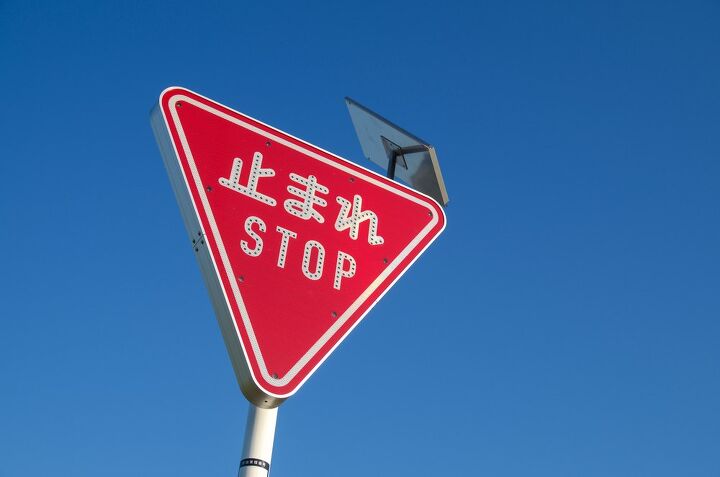




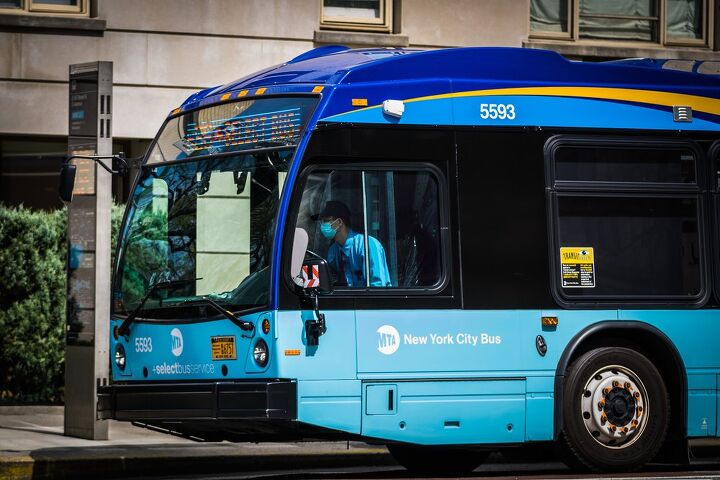
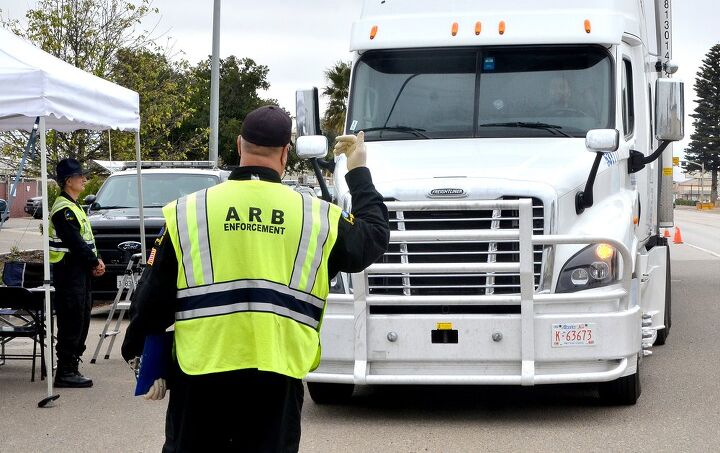

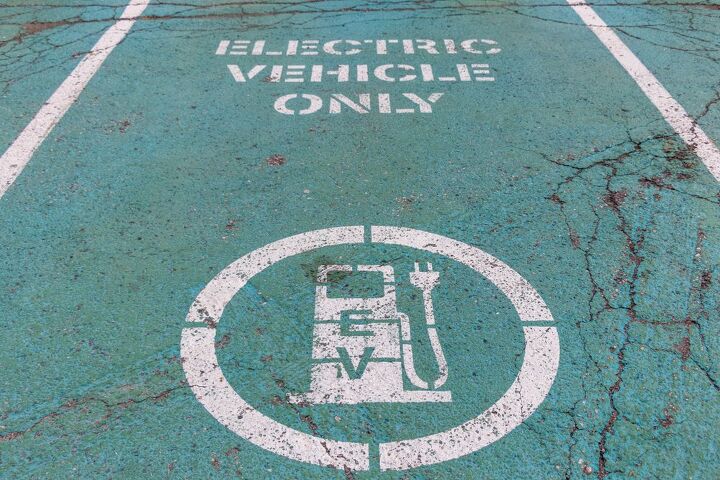
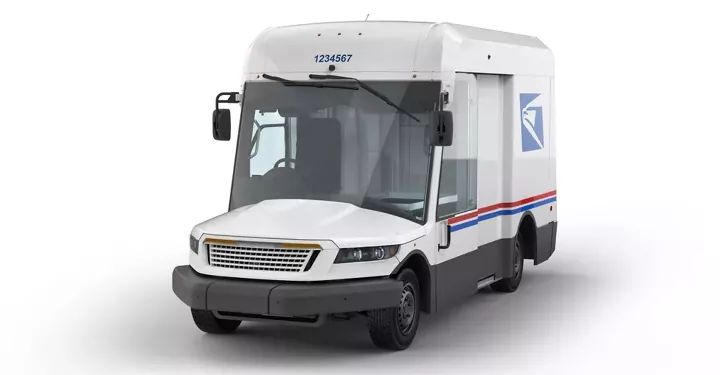



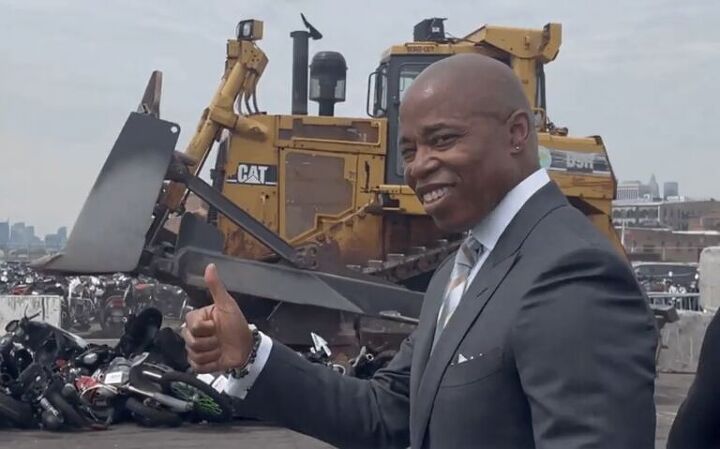












Recent Comments